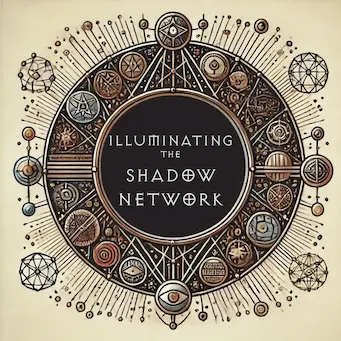Chris De Ruyter
Role: Contributor
Position: Executive Director at the National Center for Urban Operations (NCUO)
Background:
Chris De Ruyter is the Executive Director of the National Center for Urban Operations (NCUO), a think tank focused on addressing the challenges of urban and subterranean environments in military and defense operations. A retired U.S. Army Lieutenant Colonel, De Ruyter has extensive experience in the 75th Ranger Regiment and the Asymmetric Warfare Group, where he deployed multiple times to conflict zones such as Iraq and Afghanistan. He holds a Bachelor’s degree in Political Science from the University of Central Florida and a Master’s in Business Administration from Auburn University. De Ruyter’s expertise lies in developing strategies for effective urban operations and public safety, making significant contributions to national security discussions.
Relation to Trump:
There is no direct public information indicating that Chris De Ruyter held a formal position in the Trump administration. However, the work of the NCUO aligns with broader national security and urban policy discussions that were relevant during the Trump administration. The focus on enhancing urban operational capabilities and public safety strategies could intersect with the administration’s policies on law enforcement and urban security.
Scandals or Controversies:
Chris De Ruyter has not been involved in any major personal scandals. His professional work at the NCUO involves addressing complex and often sensitive issues related to urban operations and public safety. While his strategies and policies might attract public and political scrutiny, there are no significant controversies directly linked to him.
Potential Concerns:
In roles that focus on urban operations and defense, there are often challenges related to balancing security and public safety with civil liberties and community impact. Critics may scrutinize the methods and strategies advocated by the NCUO, especially if they involve controversial tactics or policies in densely populated urban environments.


